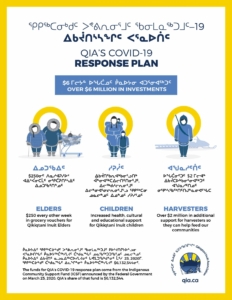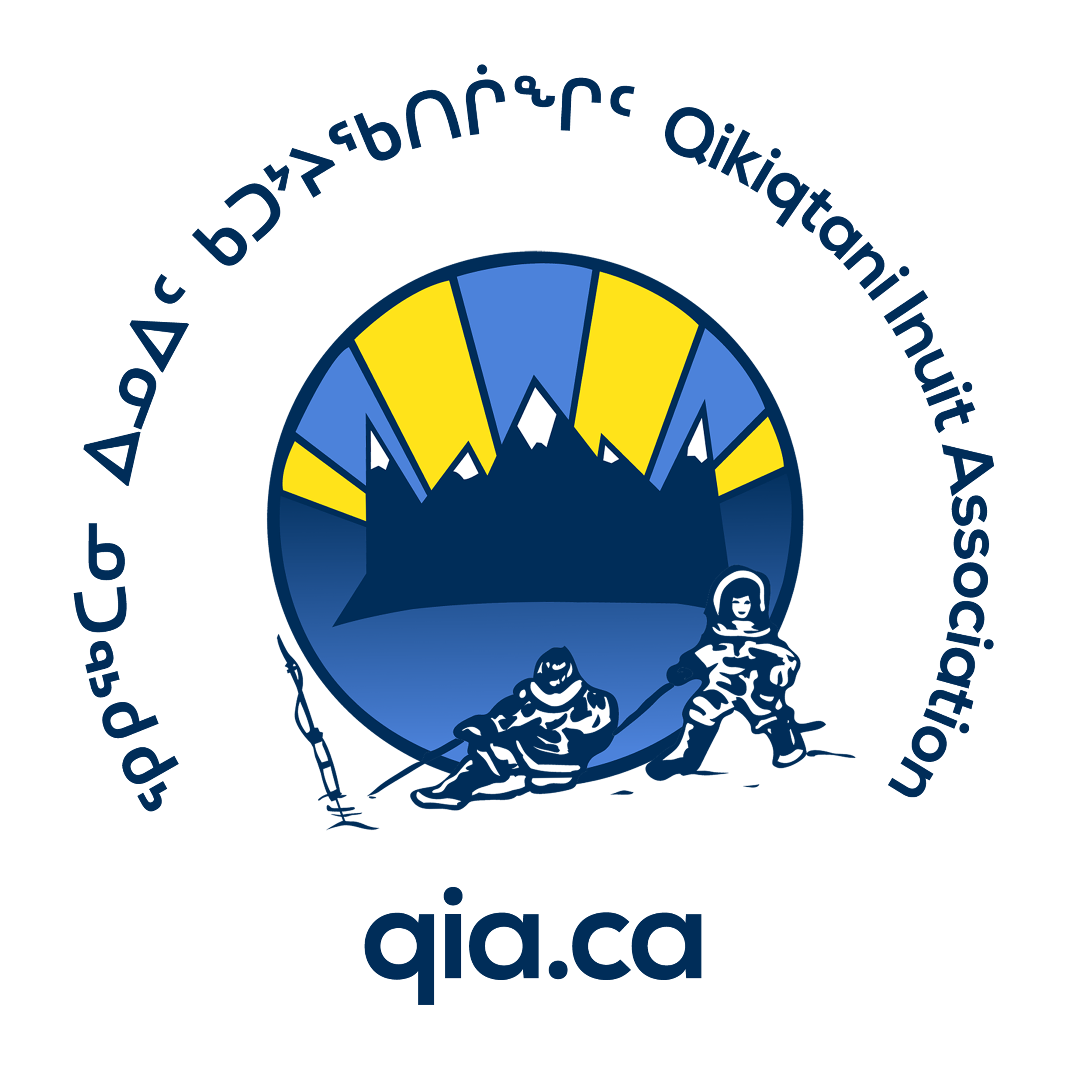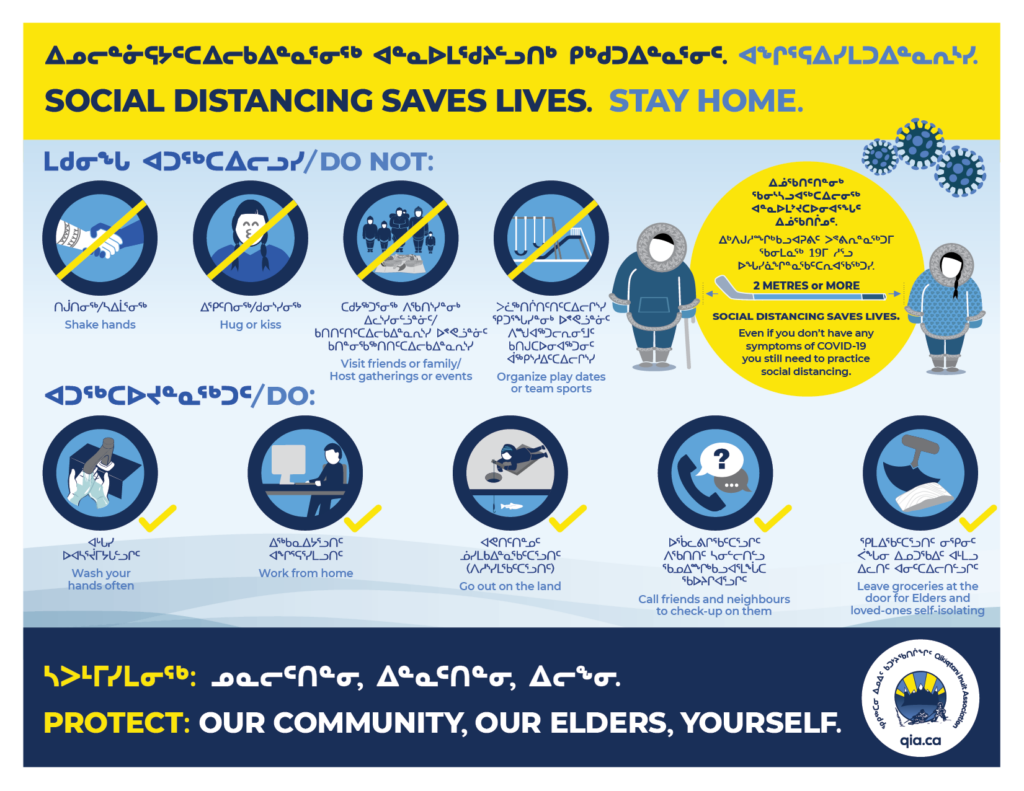BLOG: Why we must follow self-isolation orders
The Government of Nunavut issued a mandatory self-isolation order for people who have been identified by a health official as a person under investigation for COVID-19 on March 31, 2020,. This means that people who have been ordered to self-isolate at home for 14 days and monitor themselves for symptoms, even if mild.
What is self-isolation?
Self-isolated means that you must stay at home and not have contact with anyone outside of your household until a Public Health Authority advises that you are no longer at risk of spreading the virus.
During this time, you must avoid contact with people who you don’t live with and minimize contact with people who live with you. This will help prevent the spread of the virus in your home and in your community.
At home do not share towels, drink from the same cups or eat from the same plates. Do not chew food for children.
Self-isolation means not going to work or working from home.
Strictly following self-isolation protocols is very important to protect your family and community, including Elders and other vulnerable people such as those with compromised immune systems who are at a high risk of contracting the virus.
The consequences of breaking the self-isolation order
Many people who have contracted the COVID-19 virus do not have any symptoms. However, you can still pass the virus to others. That is why self-isolation is so important.
Anyone who breaks the self-isolation order can face charges under the Public Health Act and possibly get a fine up to $50,000 or six months in jail.
The order to self-isolate will stay in effect as long as the COVID-19 public health emergency is in place. If you know of anyone who is “under investigation” and is breaking this order, it is important that you contact the RCMP.
Self-Monitoring
Even if you have no symptoms, it is important to self-monitor if you believe that you might have been exposed to a person with COVID-19.
Take note for symptoms such as a:
- cough
- fever
- difficulty breathing
COVID Hotline
Need to talk to someone if you have COVID-19 symptoms, or have recently travelled to or from an affected area? Please call 975-8601 or 1-888-975-8601 from 7:30 a.m. to 7:30 p.m.to speak with someone. Please remember this line is for those who need it – and should not be used for general inquiries.
If you have questions or need help in an emergency, call your local health centre.
What does this mean for you?
We all play a part in keeping our community safe. Everyone should practice social distancing, frequent handwashing and, if required, self-monitoring.
If you develop any of the symptoms, isolate yourself from others immediately and contact the Public Health Authority as soon as possible. It is your responsibility to help protect others.
What is QIA doing to help?
On March 30, the Qikiqtani Inuit Association announced a number of initiatives to assist Qikiqtani Inuit during the COVID-19 pandemic including food vouchers for Elders, new funding for harvesters, and support for children and families.
QIA will also be ramping up our communications and public outreach efforts to continue to inform and educate Qikiqtani Inuit about COVID-19 prevention and mitigation measures.
These programs will be reviewed from time to time while the COVID-19 public health emergency continues to best serve Qikiqtani Inuit.











